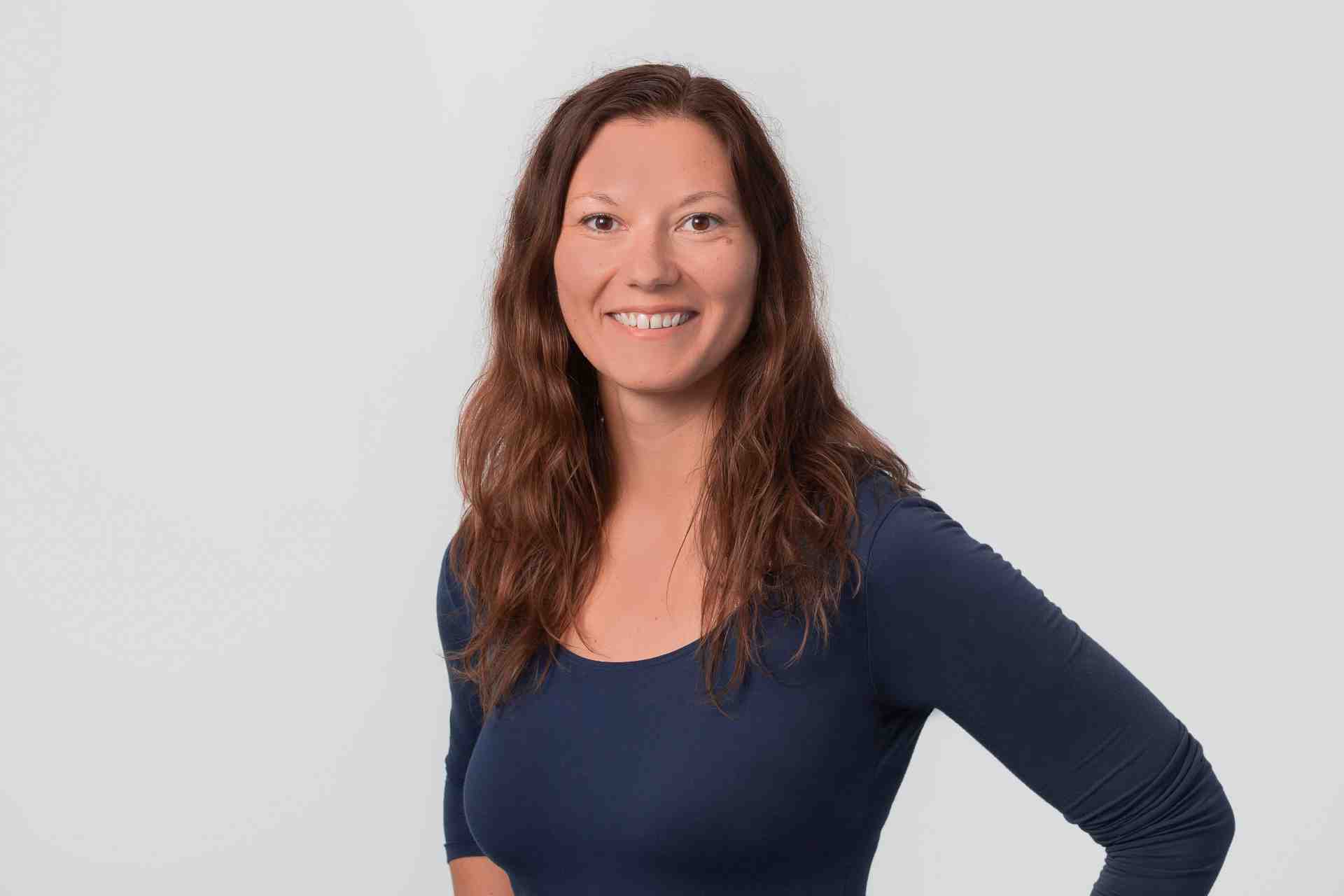 September 29, 2022 2:32 pm
Published by Jimena Romero
September 29, 2022 2:32 pm
Published by Jimena Romero
What’s your role at the NFB, and what are your responsibilities?
I am the Sales Manager at NFB Archives, which is the licensing branch of the NFB. Although my title has the word “Sales” in it, what I really do is provide a service: I assist both internal and external clients of all budget ranges who are looking to use NFB excerpts and raw footage in their films, installations, podcasts, websites, TV shows, etc. I help them find the footage they need, clear the rights and ensure that they get it in the right format and on time.
How long have you been at the NFB? Tell us about your career path.
I’ve been at the NFB for 15 years now, working different jobs in the Archives department. After high school I left Saskatchewan to study Film Production at Concordia University in Montreal. I finished my degree at the University of Regina while making a documentary on 16mm and working at the Saskatchewan Filmpool Cooperative as their very first archivist. My previous employment experience was in museums and public libraries, so that contract was a perfect fit for me. After taking my finished film on a tour of small-town Saskatchewan and helping to save an abandoned vaudeville theatre in my hometown, in 2007 I decided to come back to Montreal, and I`ve lived here ever since. I haven’t made a film of my own since 2009, but I’ve worked on literally hundreds of client projects over the years, which gives me great satisfaction (and causes me a lot less stress than making my own films).
Did you choose the NFB or did the NFB choose you?
It was just meant to be. I was a lifelong, die-hard NFB fan from a young age; I remember watching Pies and Shipbuilder as a kid in southwest Saskatchewan, and one of my first dates with my husband was at the Cinérobothèque!
What makes the NFB unique in your view?
There are so many things that make the NFB unique, but for me the number one thing is that our recent and past productions carry equal weight. We’re not just a film studio: we are a repository of some of the most brilliantly conceived, artfully executed and culturally important audiovisual works on the planet. Everything we produce is in an archive in the making. Often, shots that may seem insignificant at the time of filming can become very important a few decades later. I would add that some of the outtakes from certain films are just as valuable, if not more, than the finished works themselves, because without voiceover narration, editing, etc., raw footage has less of an editorial bias; it’s a very direct way of experiencing a place and time. In the right hands, it can be used to tell never-before-told stories and retell stories that may have been improperly told in the past. The NFB shows that history is never permanently fixed—it’s constantly shifting.
Can you share a surprising fact about your job with us?
People often mistakenly think that our archives are just files sitting on a server ready to be downloaded. Because much of our collection is film-backed, that’s not always the case, and in fact that’s a very good thing. Celluloid is the only true archival format we know of yet—everything else has a shelf life of maybe 30 years or less. It takes a lot of labour to keep the archives accessible because of the changing formats, but our ace in the hole is that we can always go back to the film reels, and we have the staff and equipment to do it. I think it is essential that we hang on to those reels for all time. People think that working in archives is about preserving the past, but it’s actually all about looking 20, 50, 100 years into the future… we need to ensure that our descendants and their descendants can experience and use our archives.
What is it about your job that makes you most proud?
Almost everything. I’m proud of the incredible films and footage I get to work with every day, I’m proud of my colleagues, who are amazing, and I’m proud of our clients and their accomplishments. I may seldom appear in the credits, but there’s a little of myself in every project that I work on.
What career did you aspire to when you were young?
Before I started having ideas for films I wanted to make, I wanted to be a paleontologist. Blame it on Jurassic Park—the ORIGINAL (I’m a child of the ‘90s).
Are you a bigger fan of animation, documentary or interactive experiences?
Although my all-time favourite NFB film is animated (Pas de deux), my favourite genre is documentary, because of the way it elevates the everyday. I have seen so much amazing documentary camera work over the years while dealing with unedited footage… it continues to inspire me every day.
Categorised in:
This post was written by Jimena Romero